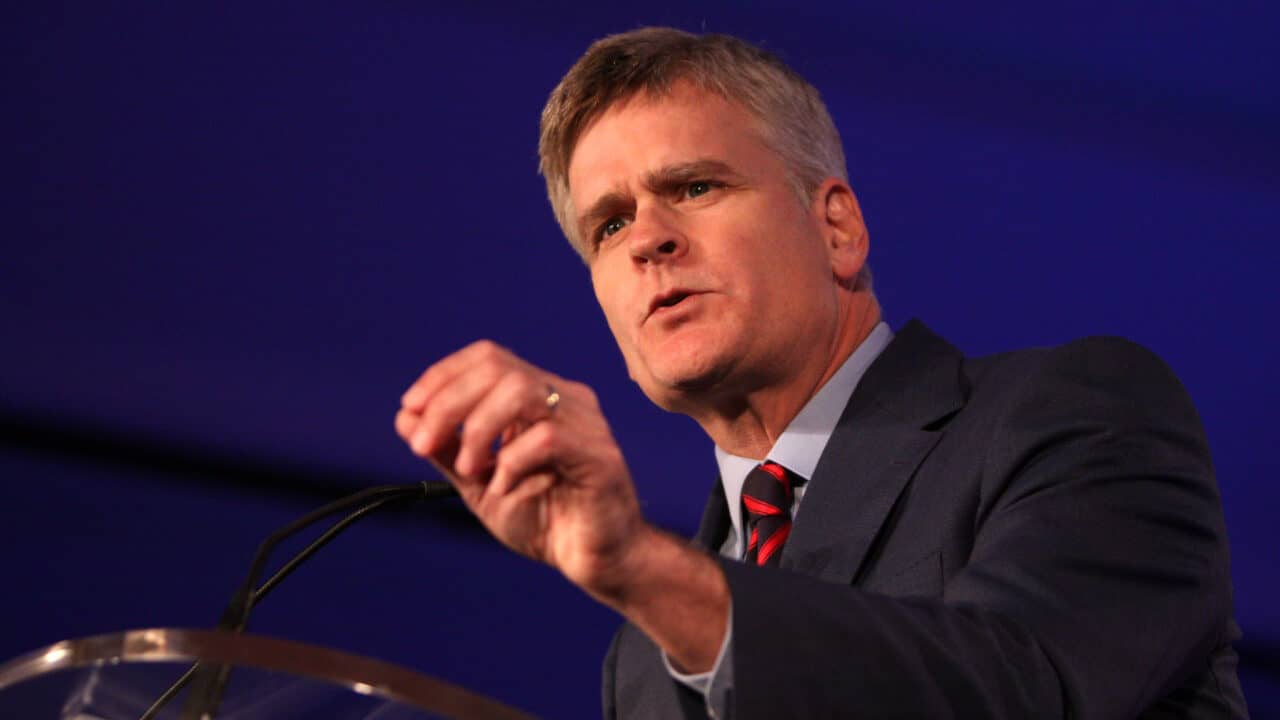 "Bill Cassidy" by Gage Skidmore on Flickr is licensed under CC BY-SA 2.0: https://bit.ly/3yhHfP0
"Bill Cassidy" by Gage Skidmore on Flickr is licensed under CC BY-SA 2.0: https://bit.ly/3yhHfP0
Americans for Tax Reform applauds Senator Bill Cassidy (R-La.) for his recent letter calling out alleged politicization and weaponization of the National Labor Relations Board (NLRB) under the Biden administration.
Cassidy, the Ranking Member of the Senate Health, Education, Labor, and Pensions (HELP) Committee, sent the letter to NLRB Chairman Lauren McFerran and General Counsel Jennifer Abruzzo on Tuesday. In the letter, Cassidy pointed out the NLRB’s “possible misconduct and lack of neutrality in litigation against prominent employers” and its “disturbing pattern of politicized targeting.”
The Ranking Member first described “alarming reports” of NLRB personnel coordinating with the Starbucks Workers United (SWU) labor union to “tip representation elections in favor of SWU and Service Employees International Union (SEIU) activists.” He also highlighted the NLRB’s targeting of Starbucks in litigation at over 25 Regional Directorates, including in cases where NLRB’s sought outcome could “destroy the integrity of representation elections and lead to an even greater proliferation of union intimidation in the workplace.”
Starbucks has come under fire from Big Labor activists across various branches of government, most recently having its CEO Howard Schultz pressured into testifying before the Senate HELP Committee under threat of subpoena by Chairman Bernie Sanders (I-Vt.). Had the subpoena been issued, it would have been the first time in the committee’s history that a subpoena to compel witness testimony was approved.
Cassidy also cited a “frivolous complaint” issued by NLRB against Amazon after the company’s CEO discussed unionization rights in a public interview. The senator noted that Amazon, like Starbucks, has active cases in 25 different Regional Directorates, an amount of litigation that he argues is “unsurpassed in the Board’s history.”
In addition to the targeting of certain American companies via litigation, the Biden NLRB has been seeking to implement more pro-union boss regulations. For example, last year the Board proposed a new joint employer standard which would increase legal liability for businesses and lead to more costly collective bargaining negotiations.
Employees of the Biden NLRB were previously criticized for spending a large portion of their taxpayer-funded work hours conducting the business of their public-sector union instead. Congress proceeded to reward the Board with an additional $25 million of taxpayer funding for FY2023.
The NLRB has a deadline of March 21st to respond to a series of questions included within Cassidy’s letter.

